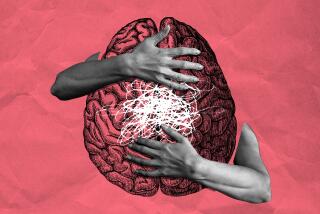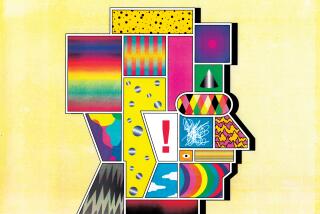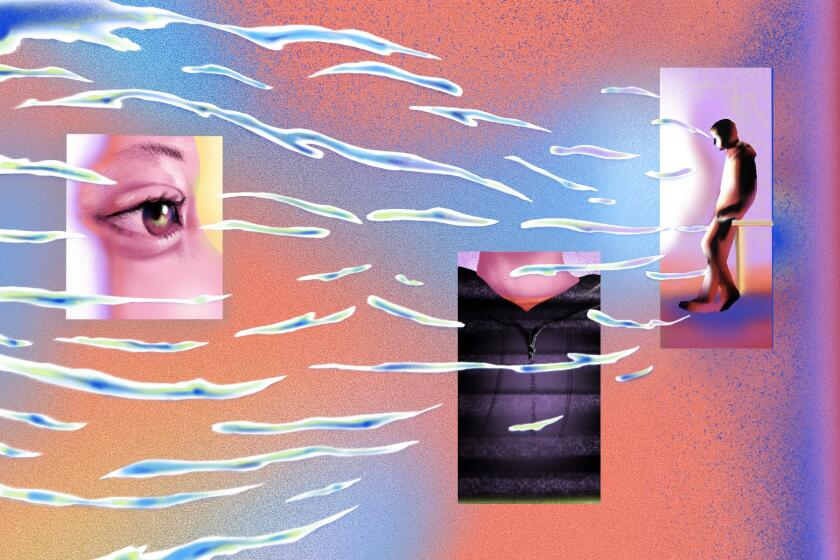Meditation or medication: To prevent depression’s return, pick one
Depression increasingly looks to researchers and clinicians like, say, a psychiatric version of bronchitis or a heart attack. Some people come down with a case of it, have it treated (or not), and it goes away. But for a great number of patients, it’s a chronic condition that must be treated when it flares. And after depression’s acute symptoms subside, many patients need to manage the disease -- to continue with some kind of treatment -- to reduce the likelihood of experiencing repeated bouts of mental suffering.
And yet, Americans diagnosed with depression have a highly conflicted relationship with the notion of ongoing depression care. As a study published in the Archives of General Psychiatry this week carefully documents, more Americans are being diagnosed with depression (in 2007, 2.88% of the U.S. population got a diagnosis of depression -- up from 2.37% a decade before). But fewer and fewer of those patients get any kind of psychotherapy (43.1%, down from 53.6% in 1998), despite the fact that most say that would be their preferred form of treatment. Meanwhile, the majority of depressed patients are put on antidepressant medication (75.3% in 2007, just a hair up from 73.8% a decade earlier). But more than half typically abandon those prescription drugs as soon as their worst symptoms disappear, if not sooner.
So, preventing relapses in patients who’ve already experienced a few bouts of depression is a very real challenge. Another study in the latest issue of Archives of General Psychiatry tackles that subject and finds that a eight-week course of “mindfulness-based cognitive therapy” works just about as well as ongoing antidepressant use -- called “maintenance therapy” -- in warding off repeat flares of depression. And both work better than a placebo (or, presumably, no treatment at all).
The mindfulness therapy the study explores consisted of eight weekly group sessions of two hours, a full day retreat late in the study period, and optional one-hour meditation classes. Subjects learned how to reflect upon their feelings and thinking patterns with “non-judgmental awareness” and “self-compassion,” and to break the cycle of rumination and emotional paralysis that often afflicts the depressed. The 26 subjects who moved from antidepressants to mindfulness-based cognitive therapy did daily homework exercises and were urged to apply their new mindfulness skills to their everyday challenges.
Compared with the subjects who were weaned off antidepressant medication and then took a placebo after their active bout of depression, those who either did the mindfulness therapy or who took an antidepressant had far lower rates of relapse. Seven in 10 of those on placebo fell back into depression within the 18-month follow-up period, while 28% of those on antidepressants and 27% of those engaging in mindfulness therapy relapsed.
On closer inspection of the results, the Canadian researchers found that the subjects who were actually helped by follow-up therapy of either sort were those whose recovery from depression had been fitful to begin with: Even as their symptoms lifted in response to initial treatment with antidepressant medication, these subjects suffered “periodic symptom flurries.” For these “unstable remitters,” the researchers found, it was particularly important to follow depression treatment with some form of follow-up care.
But many patients who have recovered from an episode of depression either cannot or will not continue on antidepressant medication, the authors of the study wrote. For these patients, a brief course of mindfulness-based therapy might be just as effective at preventing a relapse, wrote the researchers -- most of whom were from the Centre for Addiction and Mental Health in Toronto.
More to Read
Sign up for our L.A. Times Plants newsletter
At the start of each month, get a roundup of upcoming plant-related activities and events in Southern California, along with links to tips and articles you may have missed.
You may occasionally receive promotional content from the Los Angeles Times.







